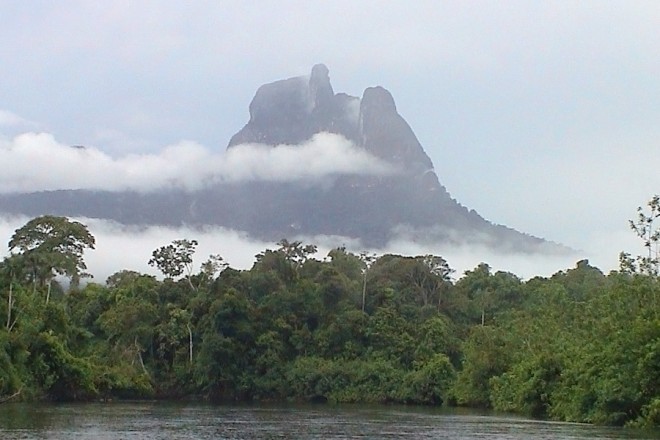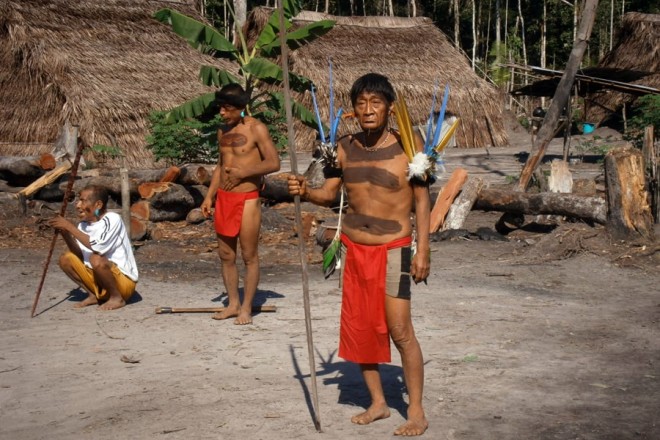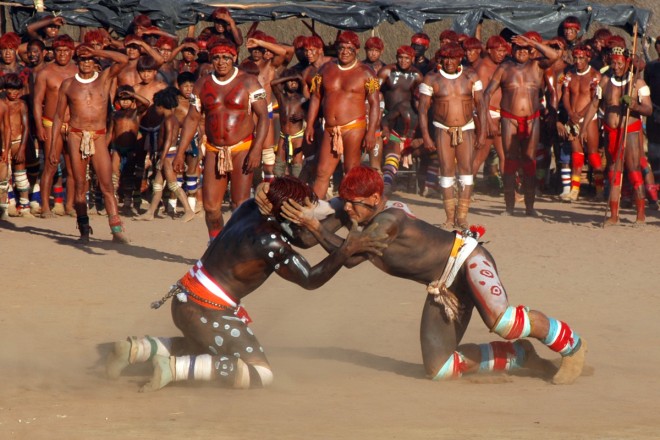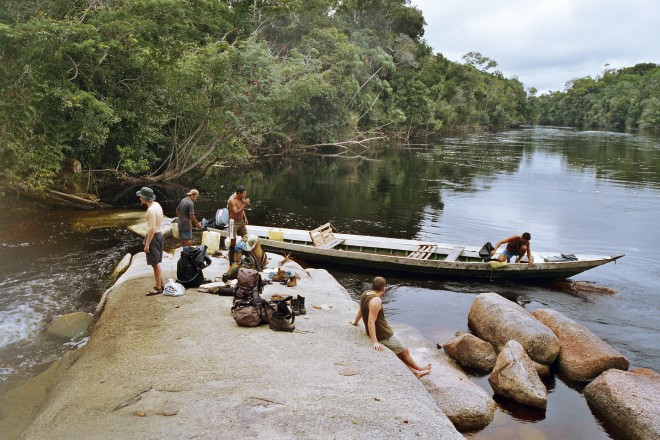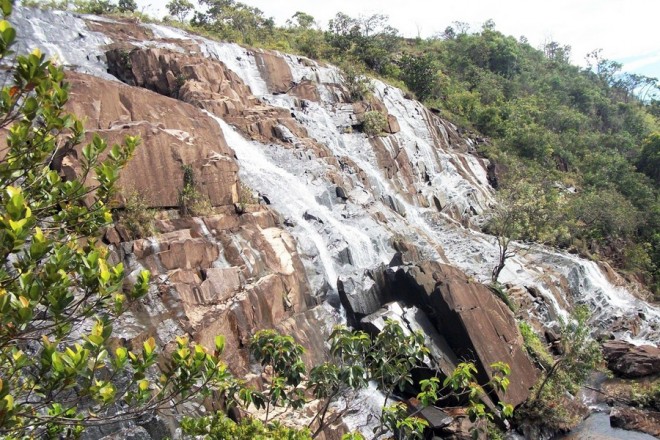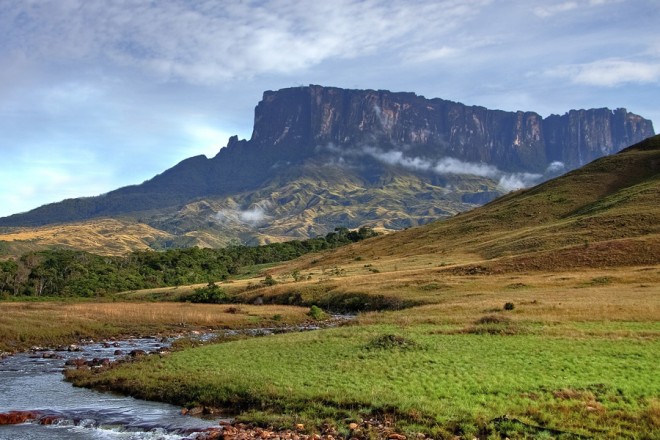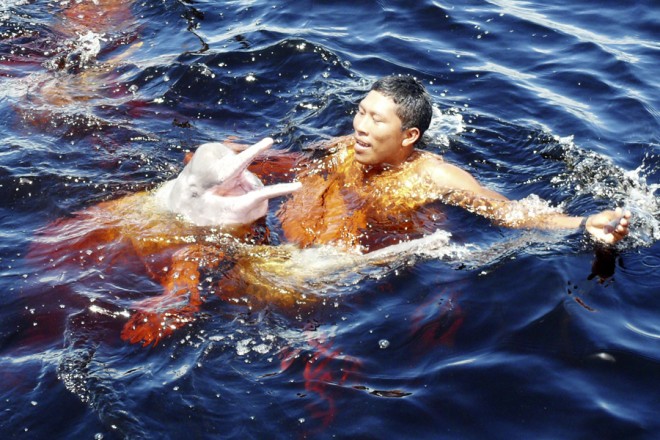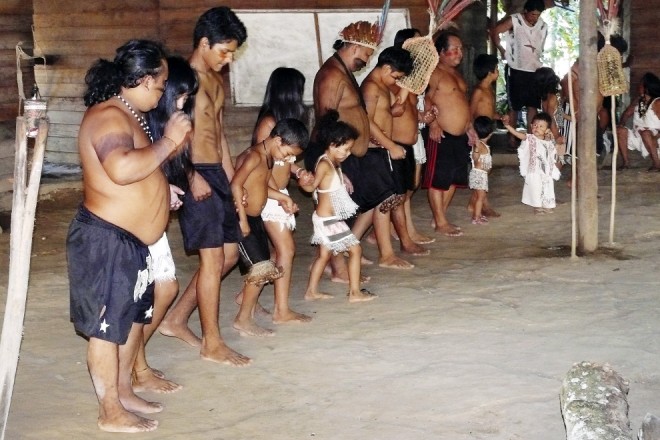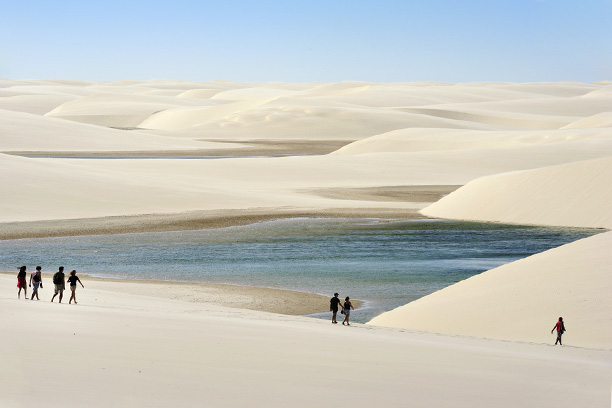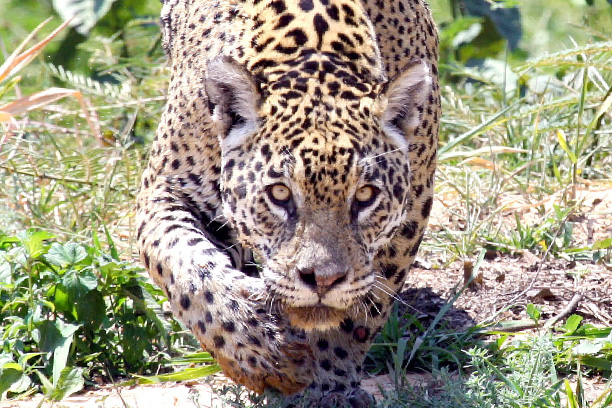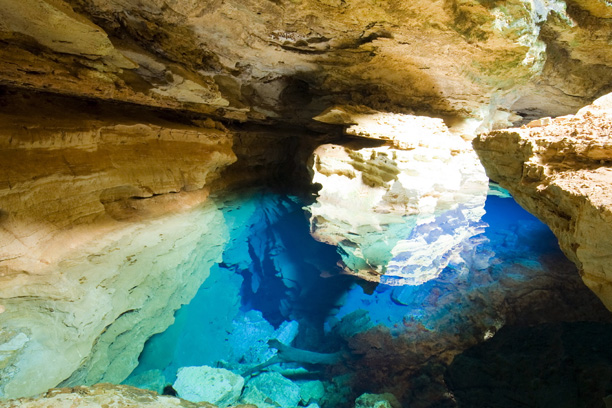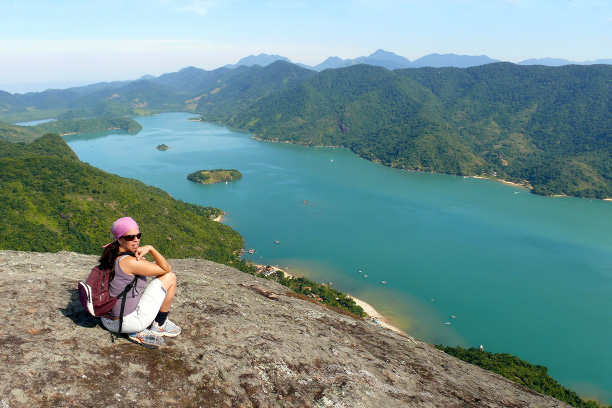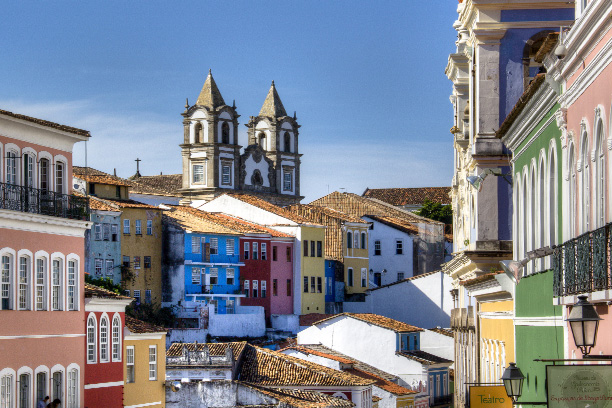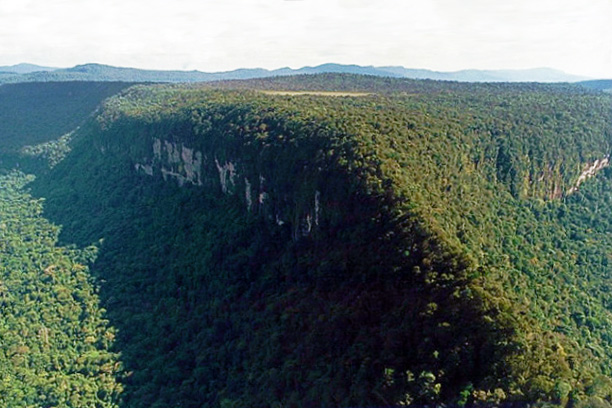Brazil is nowadays home to 896,917 Indians from 230 different tribes, which is 0.47 % of Brazil’s population. They live in 688 Indian reservations, also called Terras Indigenas and are spread all over the country.
The Brazilian Amazon region, consisting of the states Acre, Amapá, Amazonas, Mato Grosso, Pará, Rondônia, Roraima, Tocantins and 50 % Maranhão (only 50 % of this one) is home to 433,363 Indians. Fortunately, apart from some exceptions, most tribes have been thriving constantly since the 80’s. Fact is that the tribes which have recorded higher growth rates are those who have become aware of the advantage of adapting some aspects of their traditional lifestyle to that of the white population, while maintaining other parts of their culture and traditions.
Southern Cross Tours & Expeditions undertakes activities in Amazonia and in the Mata Atlantica, the Atlantic coastal rainforest, among other destinations in Brazil. There we will take small groups to the Guarany-Mbya, a tribe which has its origin at the triple-frontier between Brazil, Paraguay and Argentina; we also visit the Baniwa, Baré, Coripaco, Tukano, Dessano, all situated in the upper Rio Negro region and the Ingariko in Roraima; also the Yanomani in Venezuela make part of our activities in Roraima. Complying strictly with our travel philosophy of sustainability we work together with Indian guides, boatmen and porters, supporting the local economy. A respectful cooperation between Southern Cross Tours & Expeditions and the tribes requires arranging each visit in advance, with the caçique (chief of the tribe) personally. This is necessary, among other reasons, because the spiritual and material world of indigenous people is completely different from the one of the visitors and proper communication is essential in order to avoid misunderstandings. Nonetheless, it may occur that oral agreements lose their meaning due to circumstances that could not have been foreseen, or by simple mind switch based on reasons not easily comprehensible by the visitor, which we will have to accept. However, if we realise that a tribe is losing its authenticity due to negative tourism impacts, as it happened with the Sateré-Maué in Iranduba, we will discontinue our visits there.
The travellers must also be aware of the fact that there is hardly any tribe left which has not at all been affected by introduction of cultural attitudes which are not his own. So is traditional clothing only worn on special occasions; it may appear odd to the visitors to see Indians walking around the village in flip-flops and Adidas shorts.
If you wish to get a deeper insight into a specific tribe’s culture, lifestyle and traditions, Southern Cross Tours & Expeditions can organise that for you, always within the legal framework and our own guidelines for the protection of the natives' traditions and privacy.

